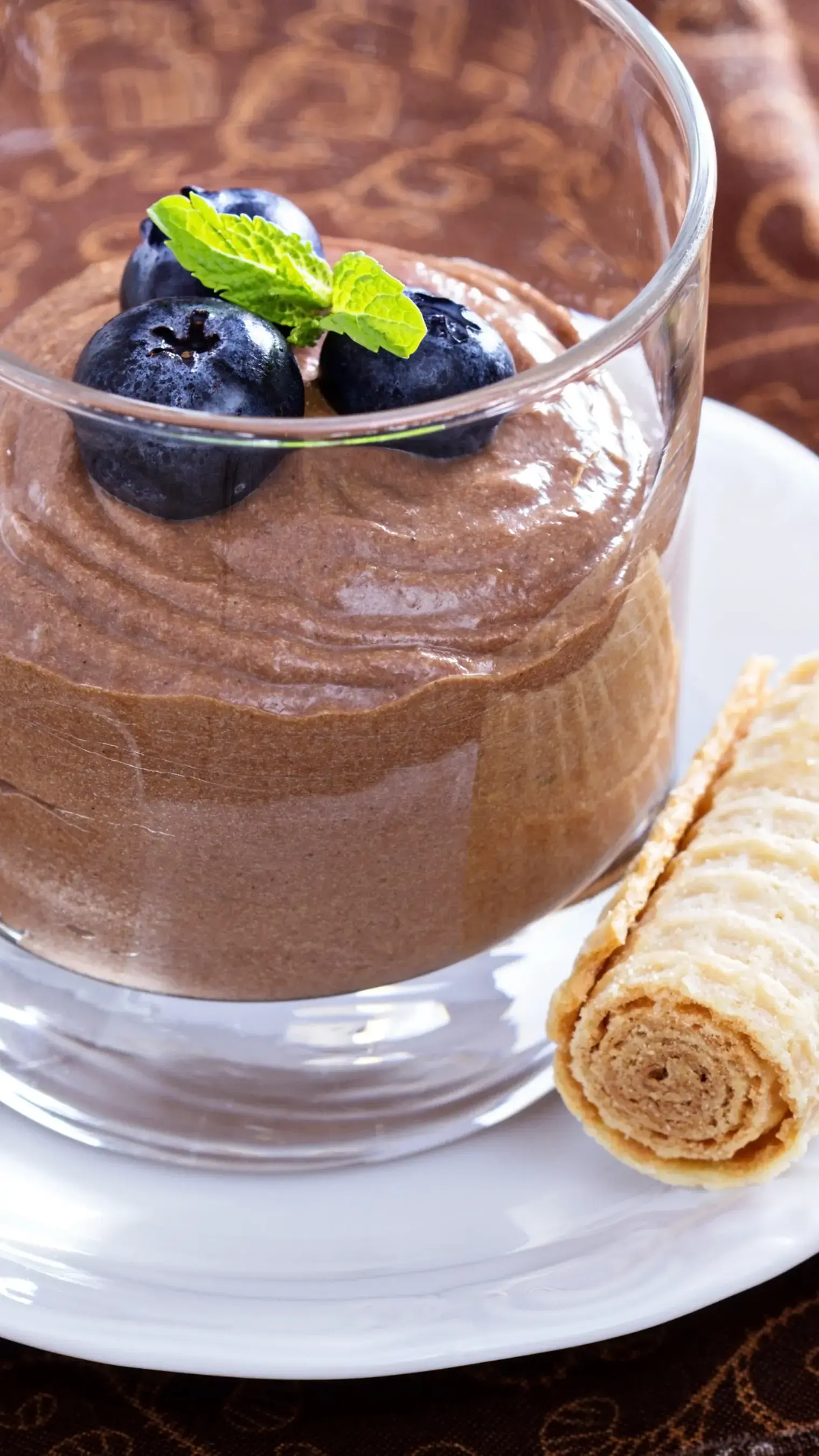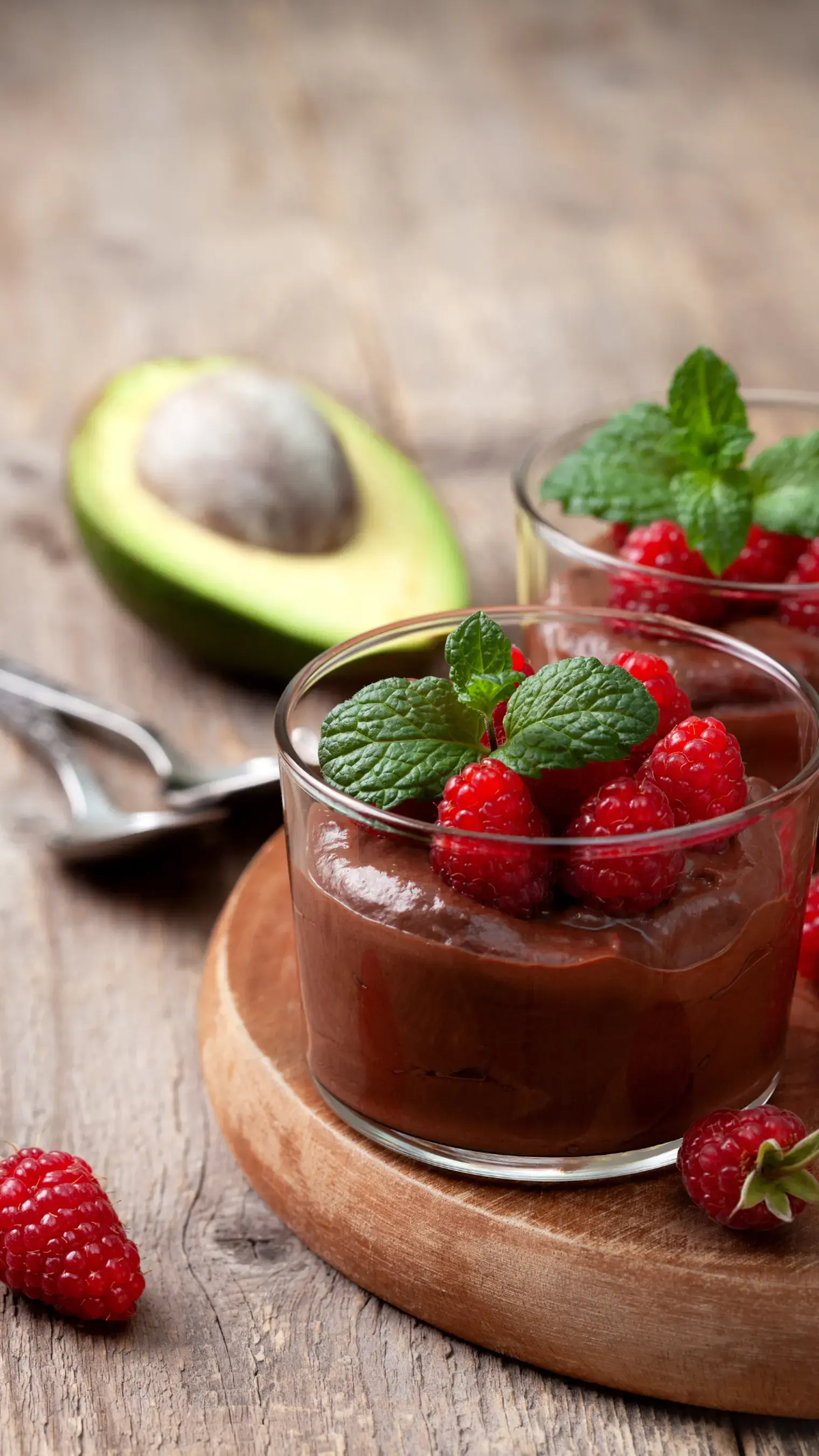- Home
- Articles
- Planning a birthday surprise for husband at home? Try these Fried, Baked and Cooked Delicacies from the Heart of Libya That are Sweet and Flavoursome
North African Libya has a selection of desserts that are sweet and perfect for the birthday surprise for husband at home you’re thinking of.

Libya is a country in the Maghreb region of North Africa that has Middle Eastern, Arabic and Persian influences in its desserts. Rosewater and orange blossom water are used assiduously in most of its pastry-like flaky deep-fried desserts. Almost every dessert is some form of fried or baked dough or semolina cake that uses plenty of nuts, raisins and white sesame seeds. Here are some of Libya’s specialities that cover the country’s year-round and festive favourties to pick from, as you plan a birthday surprise for husband at home.
1.Diblah
This is a melt-in-your-mouth pastry that is a Libyan classic dessert which is shaped in a spiral pattern, fried and coated in honey syrup with a sprinkling of sesame seeds. It’s a time-consuming process to make Diblah and needs a careful hand to get the floral shape just right and keep the shape intact while deep drying it. The dough uses vanilla and orange blossom water to develop a pleasant aroma and taste.
2.Basbousa
A semolina cake, soaked in syrup, that goes by multiple names such as Revani, Nammoura or Shamali, this cake is Arabic coming from Egypt. The Libyan version uses coconut in the cake and local dates, in paste form, that goes as a sandwich between two Basbousa layers. The Libyans call this Basbousa bil tamr because of the dates used in it. The locals like their cake with a hint of cinnamon and enjoy it with qashta cream and a cup of Arabic cardamom coffee.
3.Magrood

A Libyan biscuit or cookie, that is also eaten in many North African countries, where it's called Makroot and is fried, the Libyan one is baked and eaten during Eid. Its etymology translates to diamond shaped which is what the cookies look like. The cookies have a soft, crumbly texture and are made from semolina with the fillings made from dates, cinnamon, nutmeg, and sesame. Once they are baked it's coated in orange blossom water sugar syrup to keep them moist and pack in flavour.
4.Asida

Asida or Aseeda is simply a boiled wheat pudding that is a common sight at breakfasts in many African countries and even parts of Arabic-speaking ones. It is also served at birthdays and Eid and is mostly eaten as a savoury version with multiple fillings but the sweet one is just the boiled wheat flour or wholemeal flour dough that is eaten with honey, date syrup or butter. Asida has a depression on top, like a crater, on the dollop of Asida, that rests in a soup of sweet syrup. It's a communal dish that bears resemblance to the African Fufu and is eaten with bare hands.
5.Sfinz

This is Libya’s version of doughnuts made with flour, yeast, sugar, salt and water, shaped into balls, flattened usually with a hole in the centre and deep fried. It is usually doused with honey or date molasses while the savoury version has an egg on top of it. This is made during Ramadan and any leftover dough goes into making herb bread. This doughnut is usually enjoyed alongside afternoon tea.
6.Qatayef
A Ramadan staple, this is a stuffed pancake, shaped into half-moon crescents filled with cheese or nuts – almonds, walnuts, hazelnuts or pistachios and raisins, flavoured with orange blossom water and cinnamon. The origin of this dessert dates back to mediaeval Cairo and it is prepared in numerous households, sold as street food during the festival and gifted to friends.
7.Kaak malih
These are cookies that are mostly savoury, salty and sprinkled with sesame seeds right before baking. Unlike your regular round or square cookies, this one comes in a braided shape or could be made into rings. It's made with flour, baking powder, oil, milk, butter and salt. They are golden brown and fragrant and best eaten fresh alongside tea or Arabic coffee.
8.Baklava
All Arabic countries have a version of Baklava that differs in their shape, nuts used and also flavouring agents. In Libya, the Baklava goes by the name Bakalawa bil jibna, which uses the rose water-flavoured Muhallabia and cream cheese called qashta cream in the pastry. The baklava always uses a sugar syrup for that extra sweetness and that trademark stickiness and Libyan syrup uses lemon, honey and rosewater. The regular baklava might be nauseatingly sweet, but the Bakalawa bil jibna is lighter and is perfect for the religious festivities of Ramadan.
Like This Article?
More Like This



Popular Articles





Trending Web Stories
Curated Recipes



















